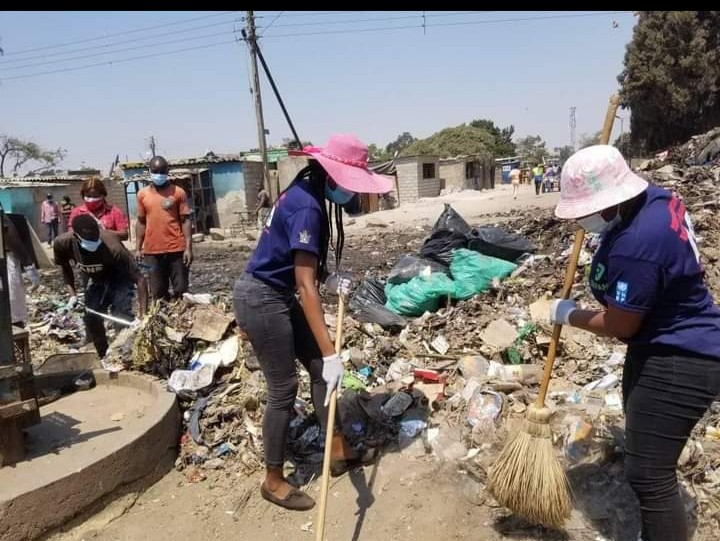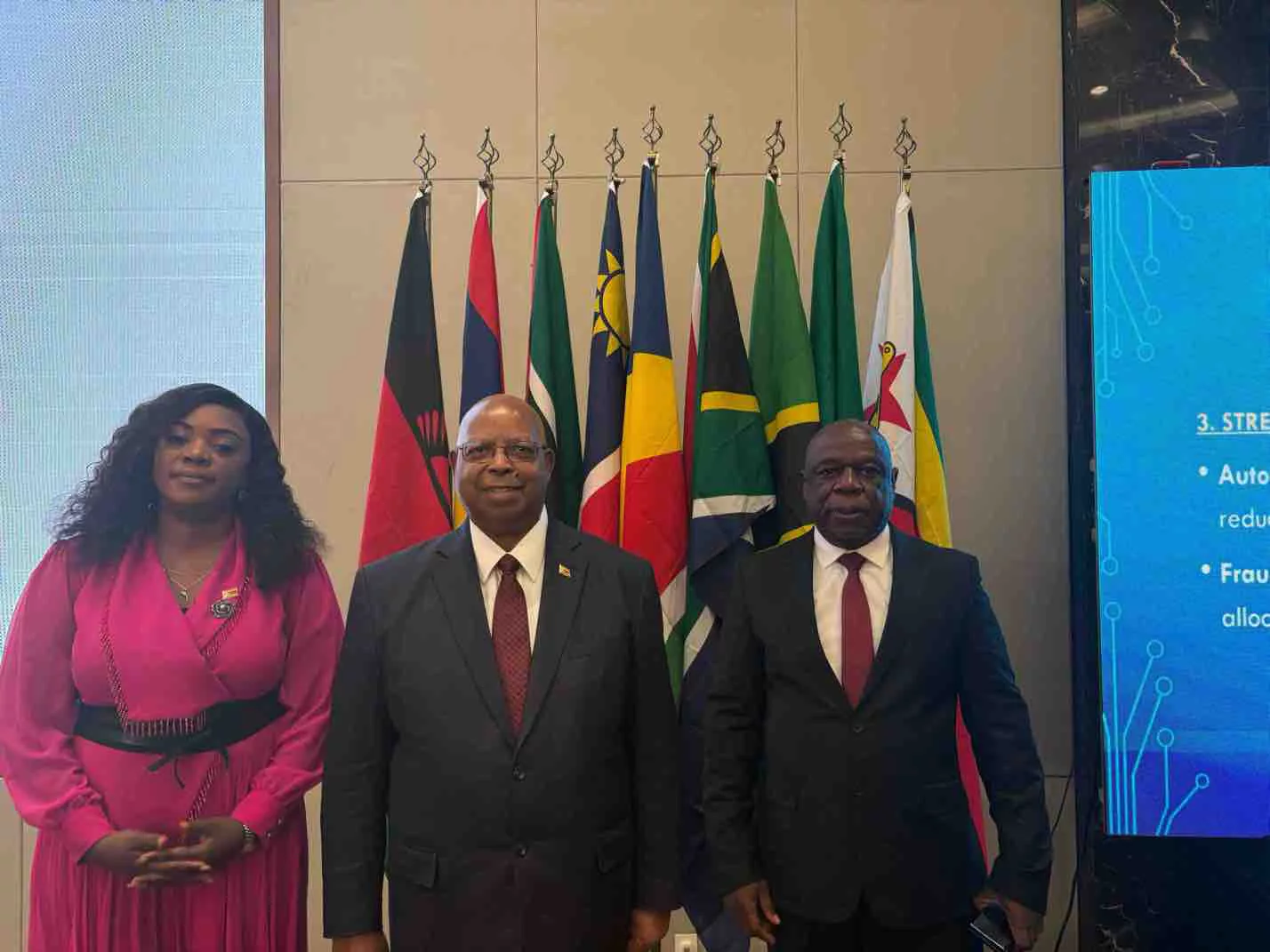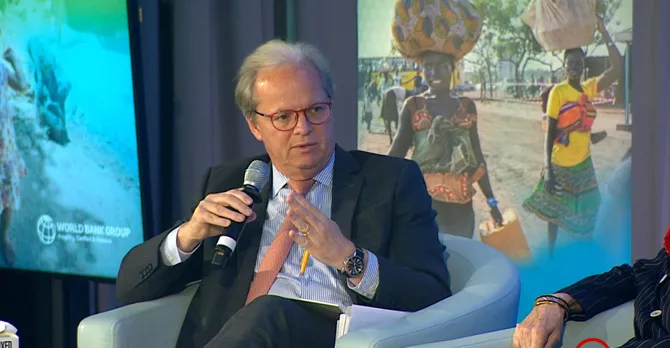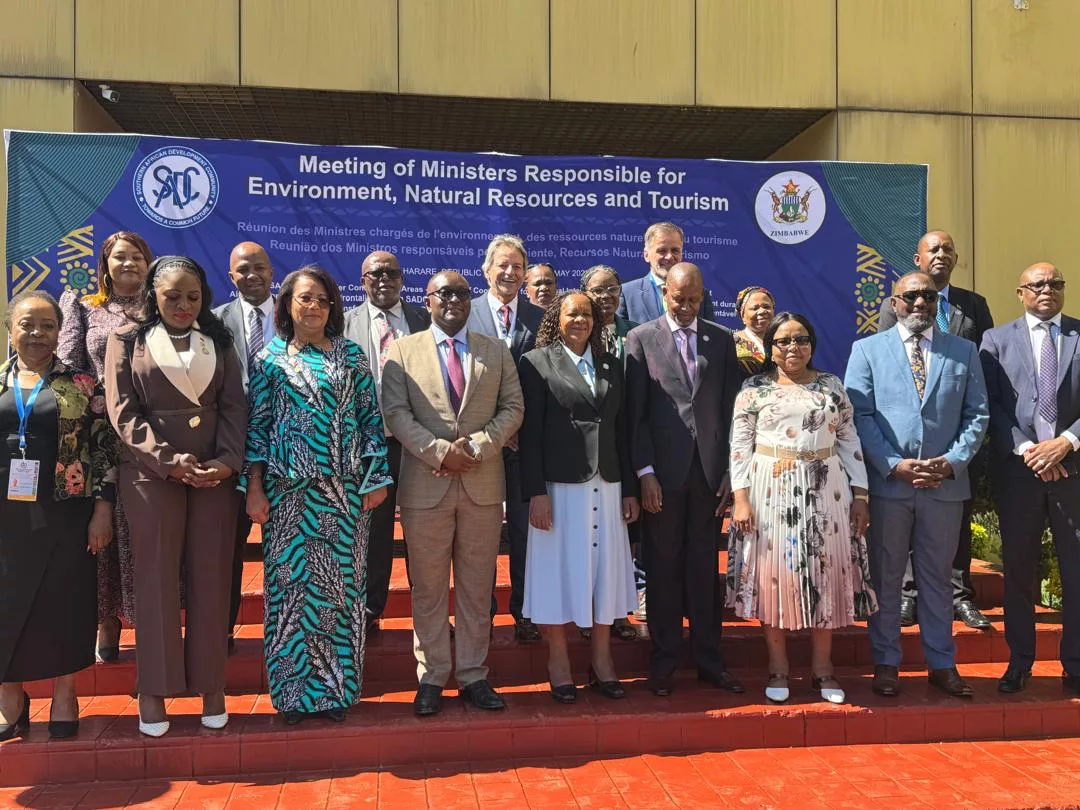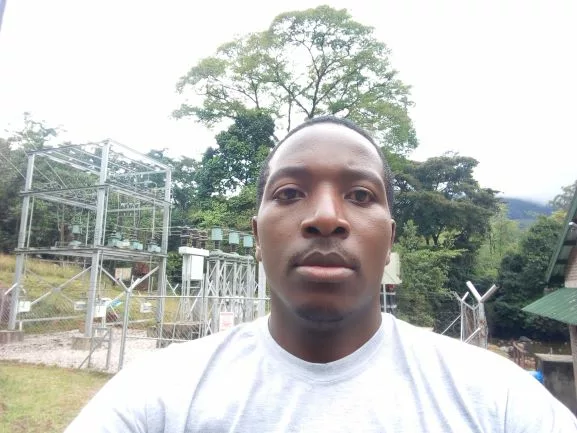|
Getting your Trinity Audio player ready...
|
By Joyce Mukucha
In an effort aimed at creating a clean, safe, and hygienic environment, this week community health clubs embarked on a massive cleanup campaign clearing illegal dumpsites in Mbare at Tsiga market.
According to a Facebook post by Community Water Alliance (CWA), the newly established Community Health Clubs in Mbare as agents of change on health issues have shown commitment to ensuring a clean environment as guaranteed by Section 73 of the Constitution of Zimbabwe.
“Community Health Clubs took it upon themselves to clear garbage at Tsiga market. The clean-up campaign was made successful through support from Environmental Management Agency (EMA), the City of Harare Health and waste management departments, Helpline, Zimbabwe Republic Police (ZRP), and members of the media. Spar Zimbabwe also gave support as the private sector to ensure the cleanup campaign becomes a success,” said CWA.
The initiative is part of the activities under the project “Supporting Covid-19 Food Supply Chain Management System in Harare” whose objective is to build resilience on Covid-19 related shocks.
The project is being implemented by CWA and coordinated by Oxfam with financial support from UN Development Programme (UNDP).
The cleanup campaign was held concurrently with a mobile roadshow raising awareness on Covid-19, sexual gender-based violence (SGBV), Occupational Health and Safety as well as maintaining a clean environment at marketplaces.
CWA stressed that it was committed to continuing to facilitate such programmes to ensure that communities maintain a clean and hygienic environment.
“Community Water Alliance will continue to build the capacity of citizens in Mbare by ensuring that home and environmental hygiene is maintained in order to complement Government of Zimbabwe efforts to promote local disease surveillance mechanisms.”
This intervention, CWA pointed out, is a joint project by UN-Women, ILO, and UNDP and it was made a success through contributions to the UN Response and Recovery Fund by the governments of Netherlands, Denmark, Switzerland, Norway, Sweden, Republic of Korea, Finland, New Zealand, Croatia, Iceland, Thailand, Slovak Republic and Cambodia.


